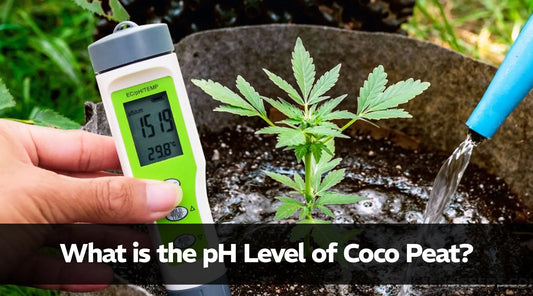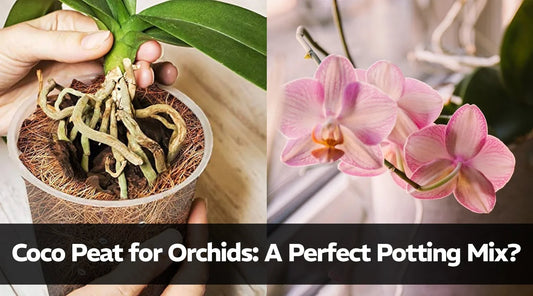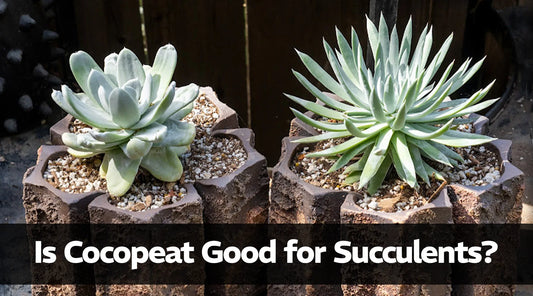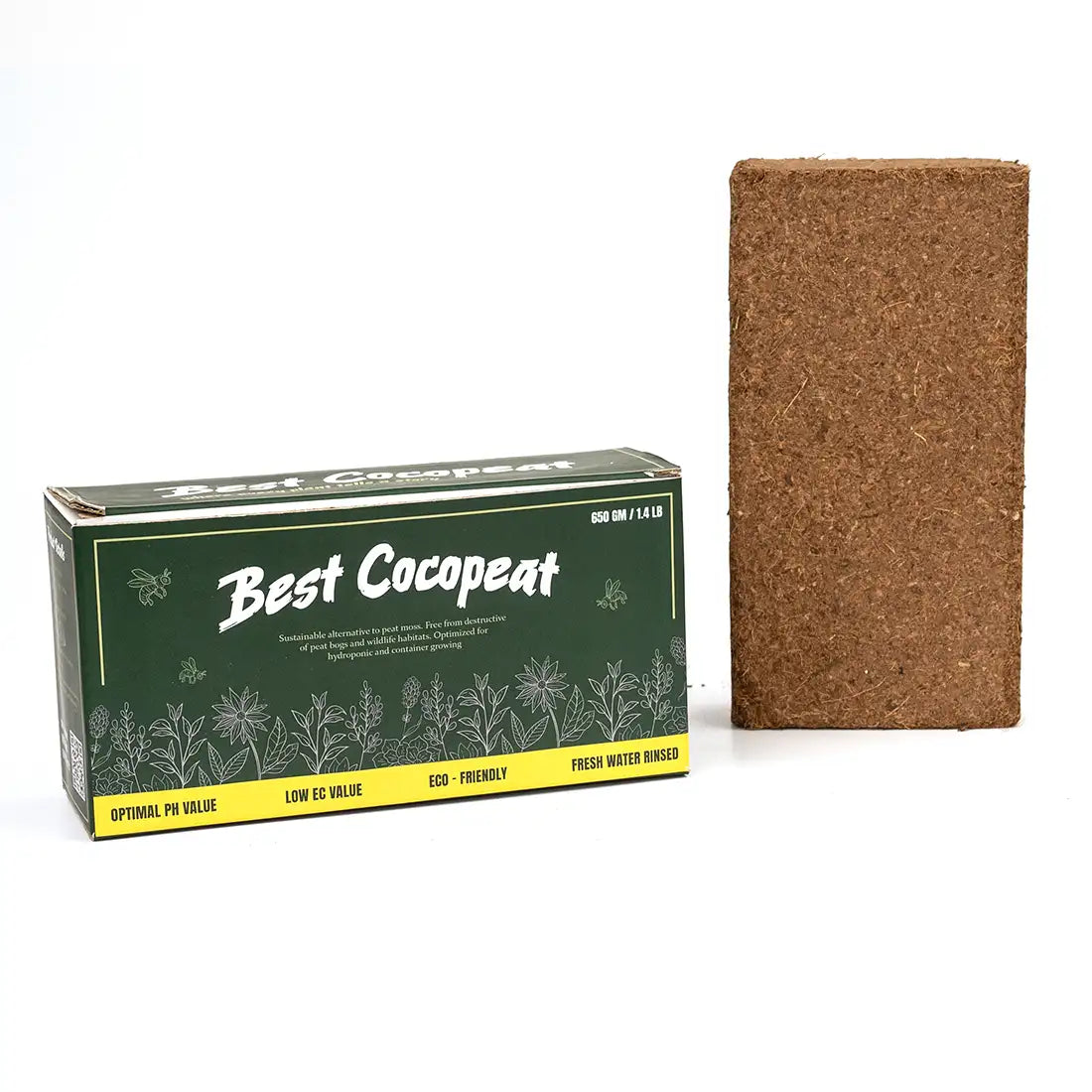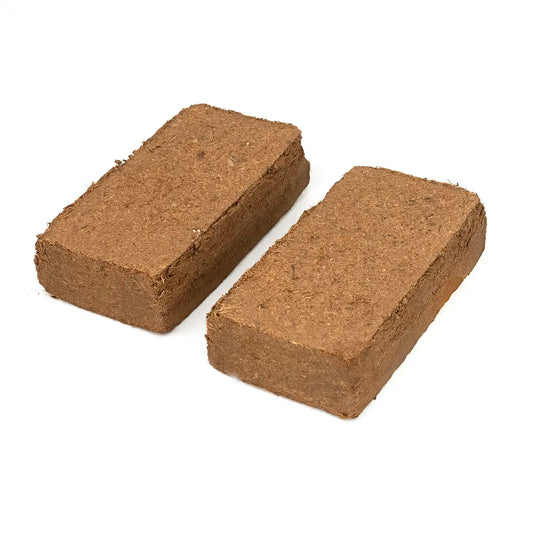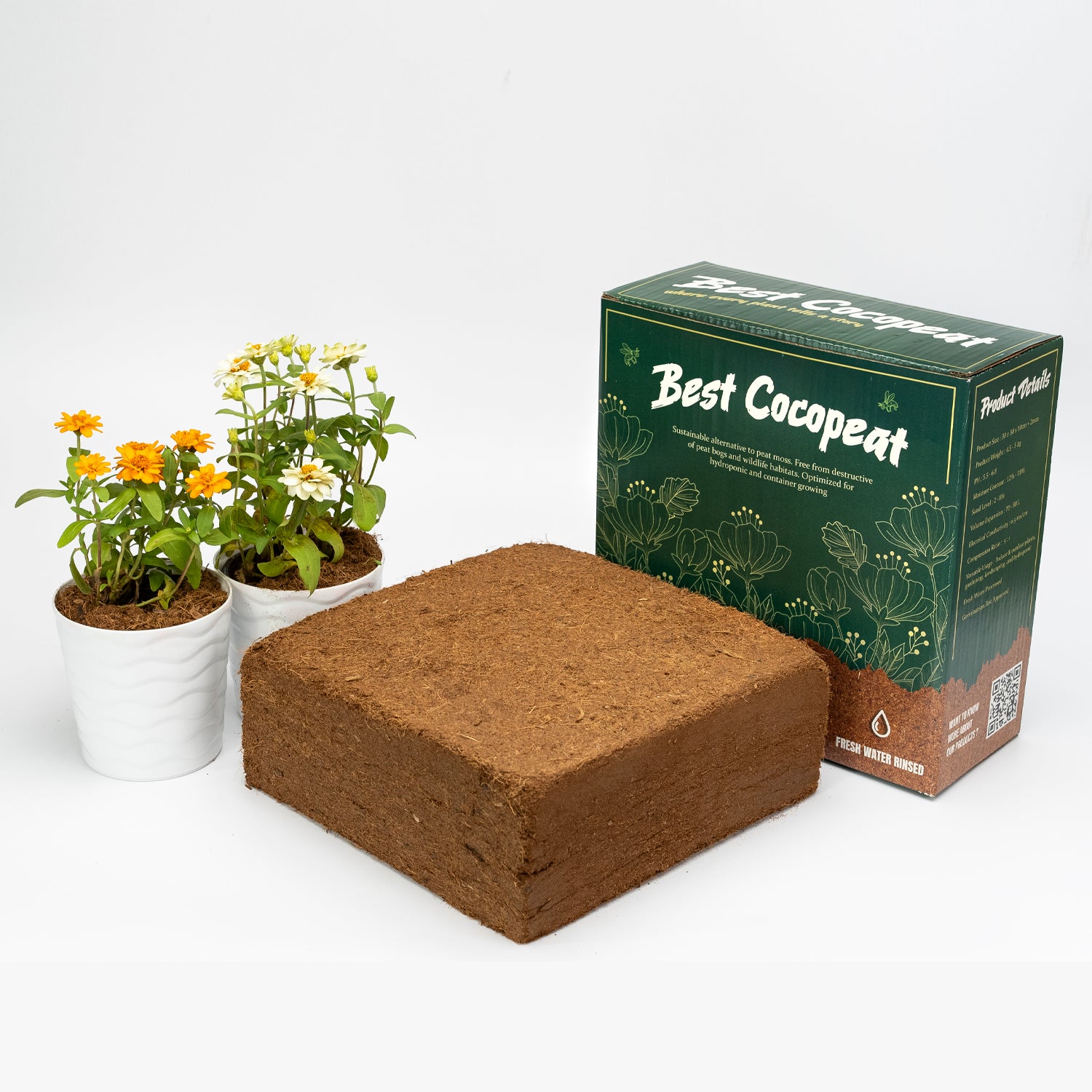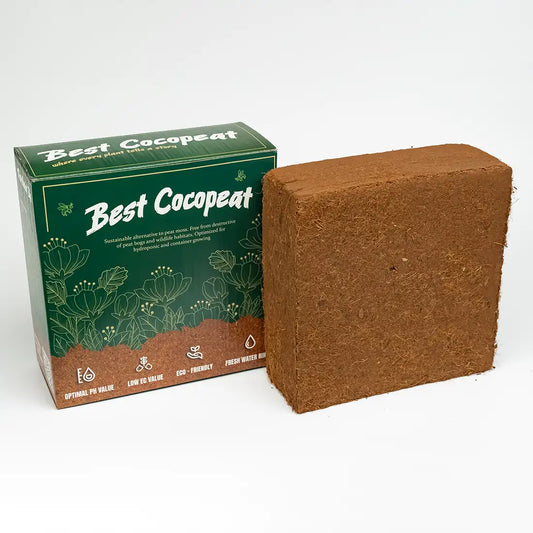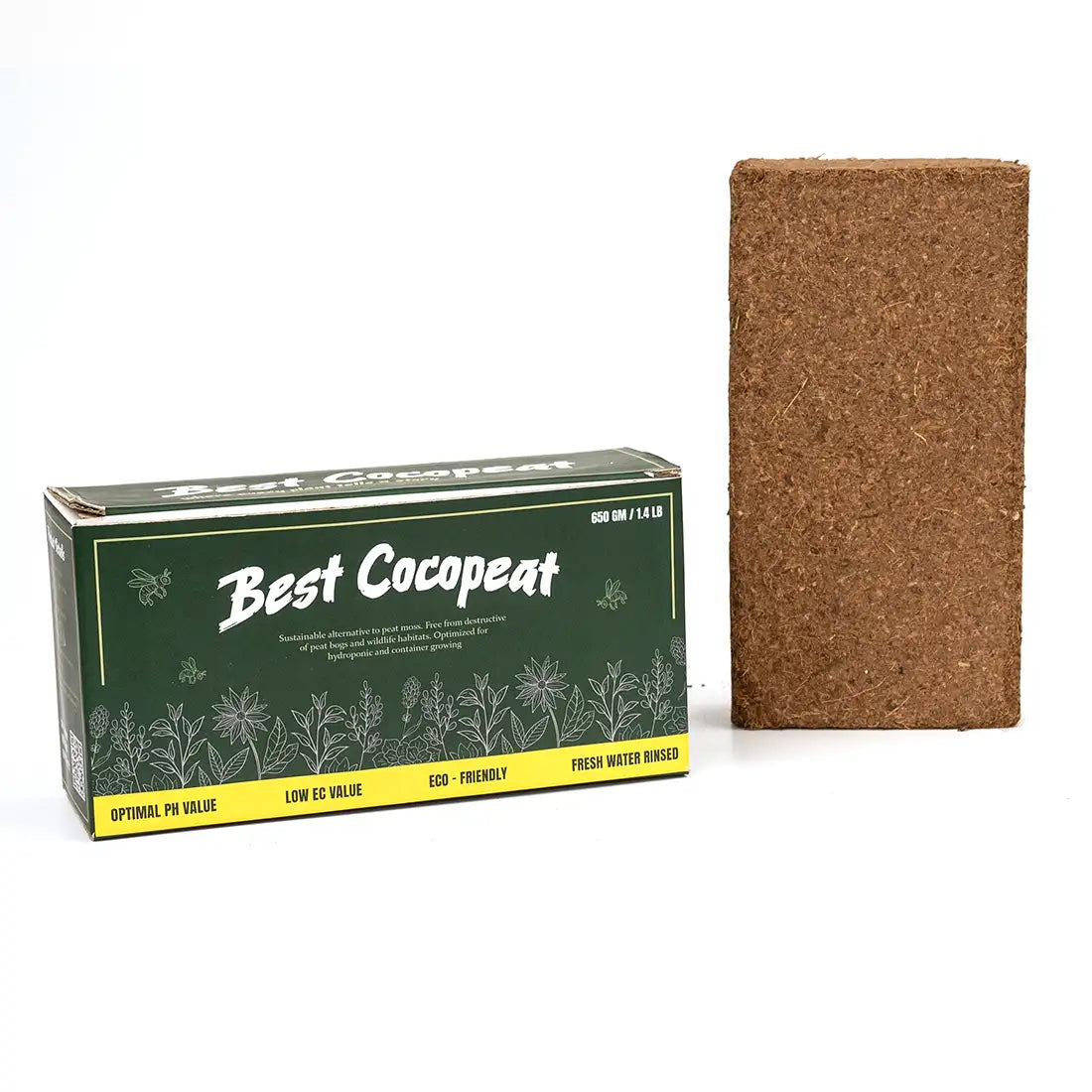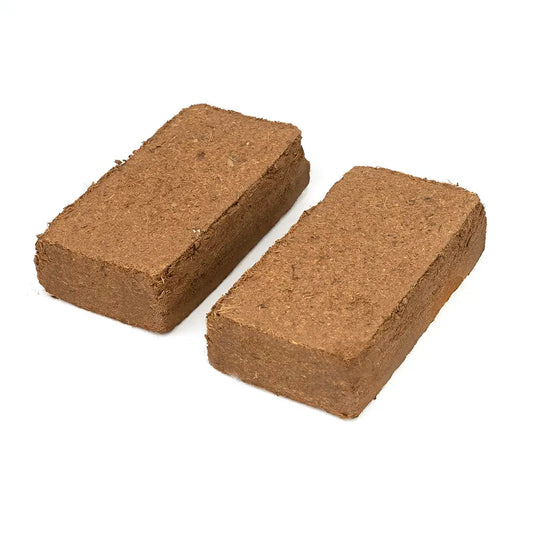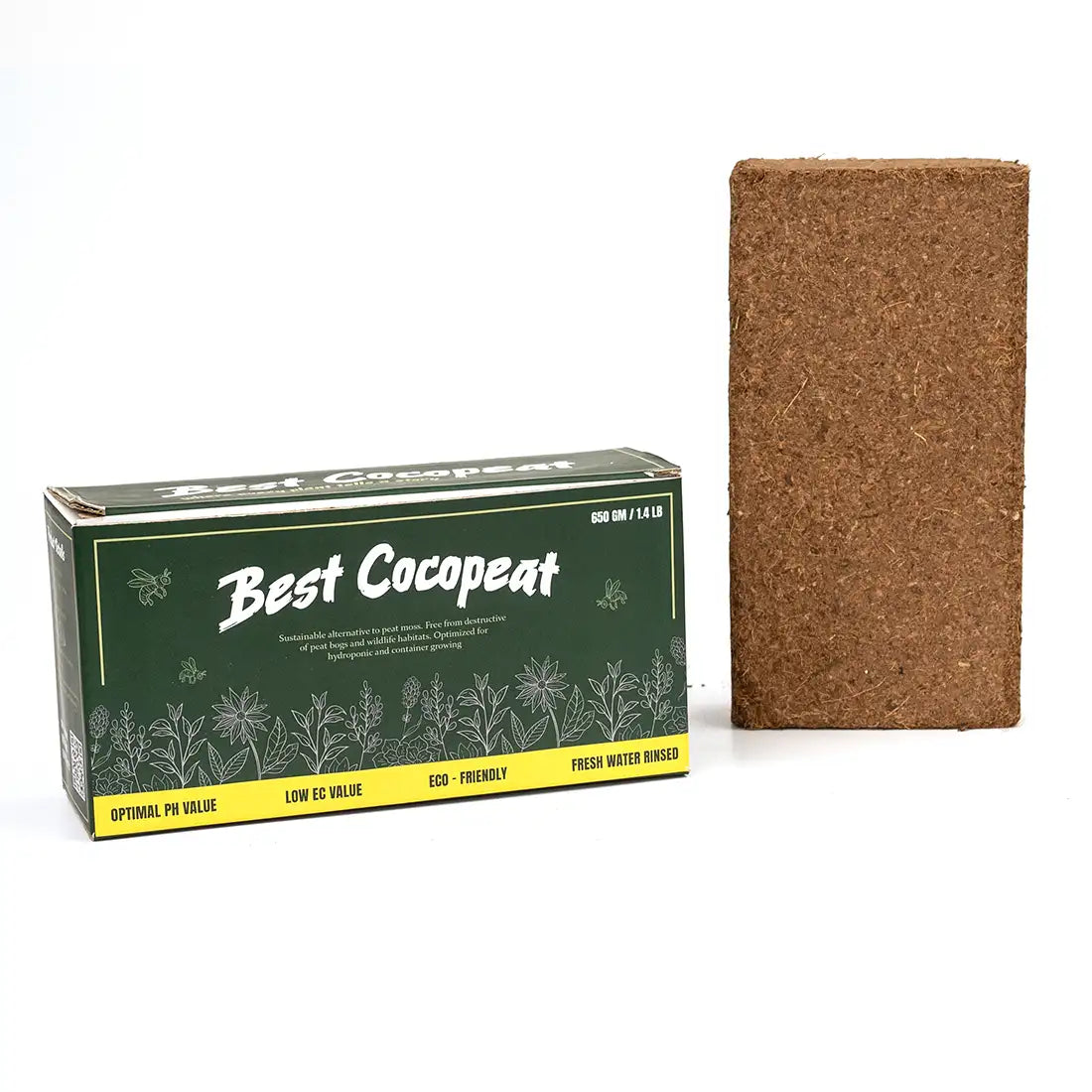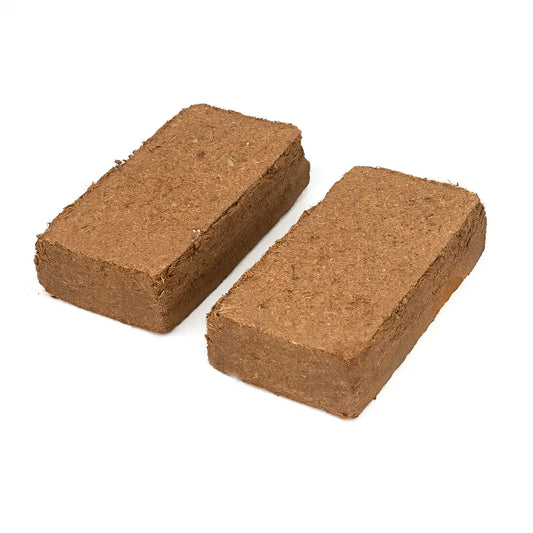The best soil for plant growth is loam soil. Loam is considered the ideal soil type for most plants due to its balanced composition and excellent properties. Here's why loam is optimal and a breakdown of other soil types:
1. Loam Soil
- Composition: A mix of sand, silt, and clay (about 40% sand, 40% silt, and 20% clay).
- Texture: Soft, crumbly, and slightly moist, allowing good root penetration.
- Water Retention and Drainage: It retains moisture well but also drains adequately, preventing waterlogging.
- Nutrient Content: Rich in organic matter, providing essential nutrients for plants.
- Aeration: The structure allows sufficient air circulation, supporting healthy root and microbial activity.
Other Soil Types and Their Suitability
Sandy Soil
- Drains quickly but has poor water retention and low nutrient-holding capacity.
- It is suitable for plants that prefer well-drained conditions but often requires organic matter to improve fertility.
Clay Soil
- Holds water well but drains poorly, making it prone to compaction and waterlogging.
- Requires organic amendments (like compost) to improve structure and drainage.
Silty Soil

- Has a fine texture and retains moisture well but may become compacted and lack aeration.
- Needs organic matter to enhance drainage and structure.
Peaty Soil

- High in organic matter and moisture, but often acidic.
- Beneficial for acid-loving plants but may need pH adjustments and drainage improvement for other crops.
Chalky Soil
Alkaline and stony, with poor nutrient content and drainage.Suitable for specific plants that thrive in alkaline conditions, though it often needs organic and mineral amendments.
Enhancing Soil for Optimal Growth
Even if the natural soil type in your area isn't loam, you can improve its properties:
- Adding Organic Matter: Compost, manure, or green manure improves structure, fertility, and water-holding capacity.
- Adjusting pH: Lime can neutralize acidic soils, while sulfur can lower the pH of alkaline soils.
- Mulching: Helps retain moisture and regulate soil temperature, enhancing growth conditions.
BestCocoPeat enhances soil quality by improving structure, water retention, and nutrient availability. It lightens clay soils for better drainage and boosts sandy soils' moisture-holding capacity. With a neutral pH, it balances soil acidity, making it suitable for diverse crops. Plus, it's eco-friendly, supporting sustainable agriculture.
Learn more at BestCocoPeat.


